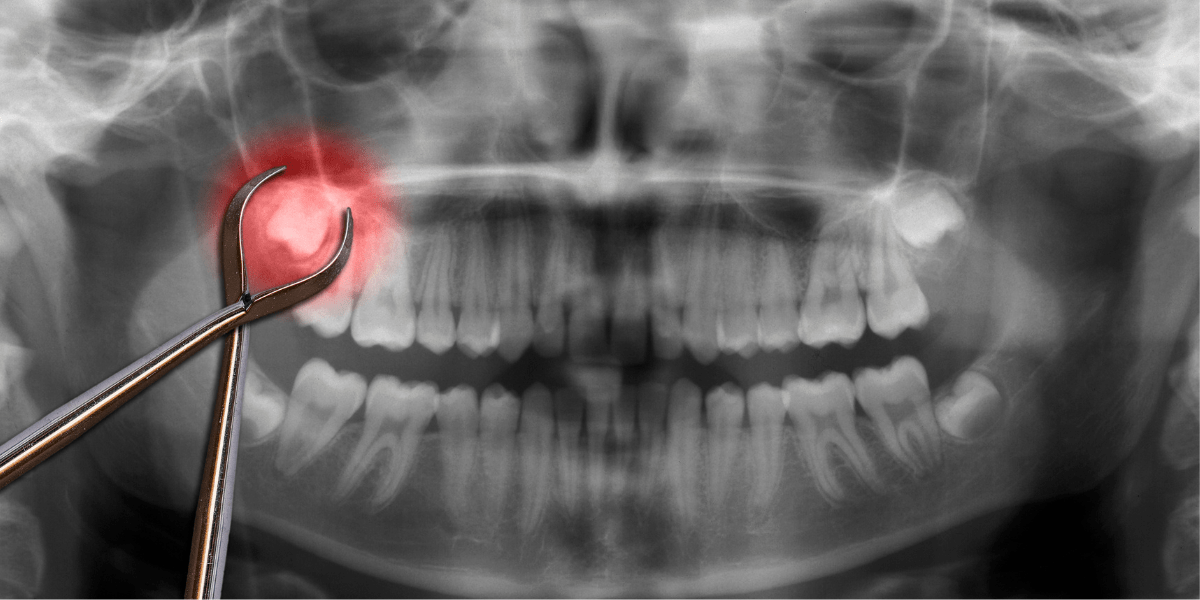
How to Know if Your Wisdom Tooth Needs Extraction Already
However, there are some people who continue to get their wisdom teeth well into their thirties or forties. While it is not unheard of for a wisdom tooth to come in without any problems, more often than not they will cause issues. Impacted wisdom teeth are the most common type of problem associated with these back molars.
An impacted tooth is one that doesn’t have enough room to come in properly. This can happen when the tooth is angled towards the back of the mouth or if there is already another tooth in the way. When an impacted wisdom tooth starts to come in, it can push other teeth out of alignment. This may cause pain or crowding in your mouth.
It can also become infected, which can lead to serious health problems. A serious health problem that can be associated with an infected impacted wisdom tooth is called pericoronitis. This is an infection of the gum tissue around the crown of the tooth. If left untreated, pericoronitis can lead to serious complications, such as cellulitis (a potentially life-threatening bacterial infection of the soft tissues) or osteomyelitis (a bone infection).
Additionally, an infected wisdom tooth can also cause abscesses (collections of pus) to form in the nearby teeth, gums, or jawbone. These abscesses can be extremely painful and may require hospitalization and/or surgery to drain them. In some cases, they can even lead to death if left untreated.
If you are experiencing any pain or discomfort in your mouth, it’s important to see a dentist right away. They will be able to take x-rays and determine if your wisdom tooth needs to be extracted. In some cases, the tooth may just need to be monitored and may not require extraction right away. However, if the tooth is causing problems, it will likely need to be removed.
Wisdom teeth extractions are usually performed by an oral surgeon. The procedure is typically done under general anesthesia so that you won’t feel any pain during the procedure. Recovery time is usually pretty quick, although you may have some swelling and bruising for a few days afterward.
Wisdom teeth extractions are a pretty common procedure – in fact, around 90% of adults will need at least one wisdom tooth extracted. But that doesn’t mean you should go into it blindly. If you think you may need your wisdom teeth extracted, contact us today and we can help walk you through the process. We’ll also be happy to answer any questions you have about wisdom teeth extractions or anything else dental-related!
